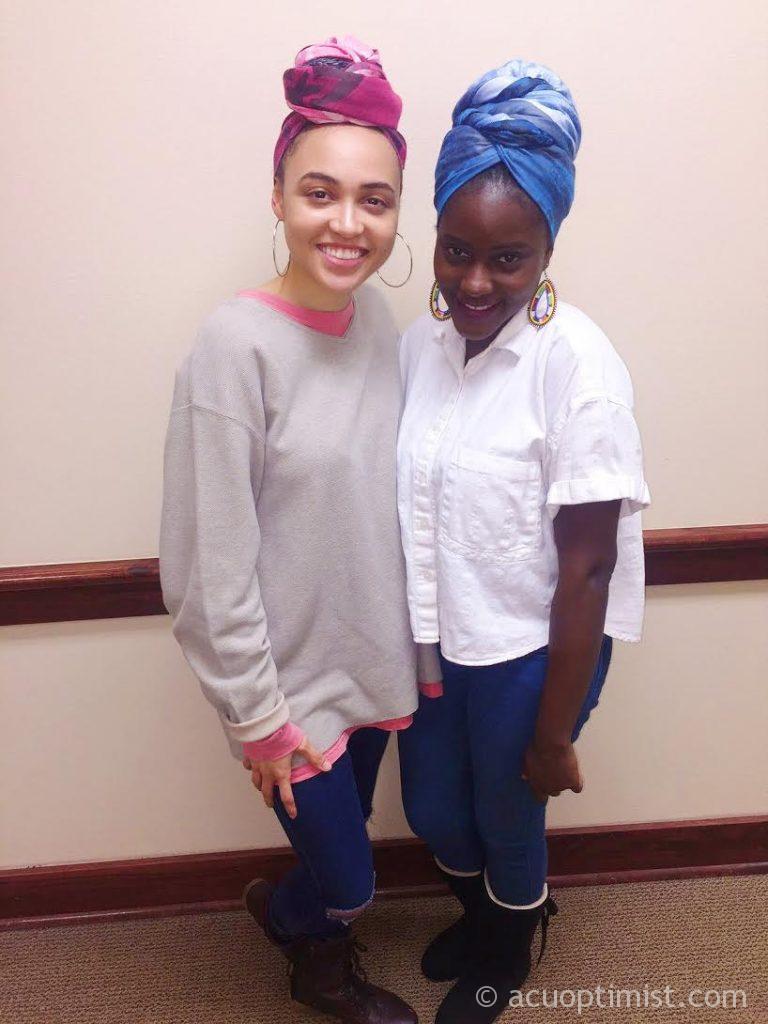The African Students Association will sell head wraps from Uganda during the week preceding International Women’s Day.
ASA president Grace-Kelly Muvunyi, junior nutrition major from Rwanda, said the head wraps are a big part of African culture and those wearing them can live out a small part of the African lifestyle.
ASA will sell the head wraps in COBA 118 after Chapel on Feb. 27 and in the campus center from March 5-7. ASA members will explain the different ways to wear the head wraps and the meaning behind them. Those who have bought the head wraps will be invited to wear them all together on International Women’s Day.
The head wraps are made of half silk and half cotton by young women in Uganda. They will be available in many different colors and patterns, and some wraps will be sold for $10 while others will be sold for $12. Members of ASA will recieve a $2 discount on the $12 head wraps, Muvunyi said.
“In Africa, you can wear a head wrap to church, you can wear it whenever you’re going to work for a cleaning day, it’s just a part of that lifestyle, you know?” Muvuni said. “I know a lot of people ask ‘if I wear this head wrap and I’m not African, is it cultural appropriation?’ but we’ll make sure to show you the different ways it can be worn, and the main thing we want to show through this is we’re remembering the lives of African women today, and we’re also remembering the lives of African women who were heroes and changed Africa and did all these amazing things.”
The head wraps can instill a sense of pride and meaning and beauty in those who wear them, Muvunyi said.
ASA secretary Jemimah Wavamunno, sophomore business management major and psychology and professional writing double minor from Uganda, said that African women crown themselves in different fabrics to represent their history, personality and willingness to face anything that refuses to adhere to the strength of their femininity.
“It’s a symbol of both beauty and stature, embodying the way we view ourselves and how we want to portray ourselves to the world,” Wavamunno said.

